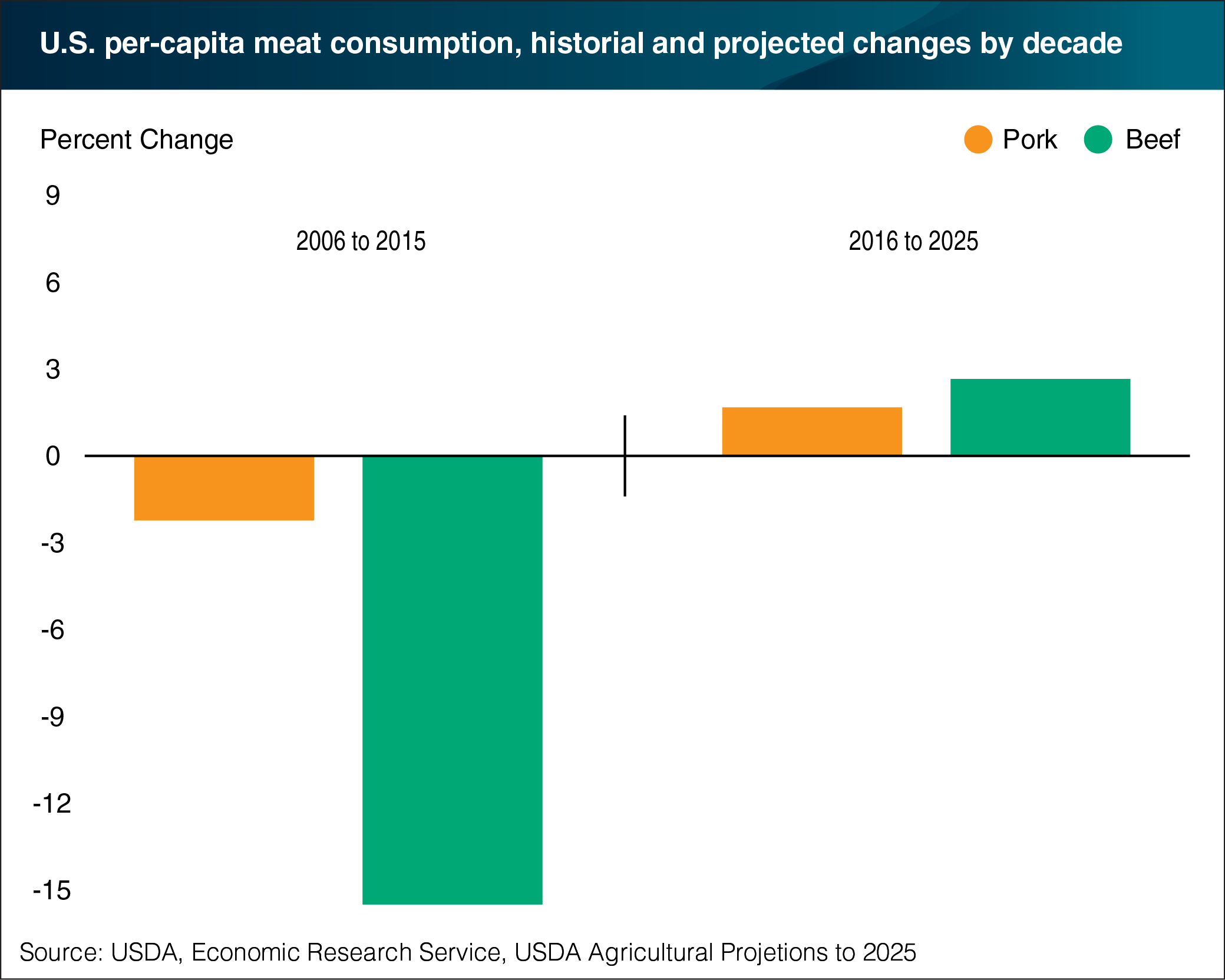They never stopped eating meat but now Americans have found a new taste and a new impetus in doing so. According to data reported by the New York Times, consumption in 2024 (and the first estimates for 2025) tell not only of an increase in meat consumption but also of a real record with 104.6 billion dollars spent in one year by citizens to buy beef, pork, lamb and poultry. In essence, a +7% compared to data before the pandemic.
If it is true that Americans' passion for meat began in the 1950s with an acceleration linked to the birth of fast food chains, in recent years the idea that plant-based alternatives to meat and a “greener” diet were an interesting path had met with a certain favor and also a rather welcoming political climate (as it is progressive). Now, according to the analysis conducted by the American newspaper, meat (and its derivatives) have returned to being a symbol of a reconnection with the territory and with the myth of strength (including economic strength). The demonization of meat seems to be over, in short, especially at a political level given that many of the members of the “Make America Healthy Again” commission established by Trump since the 2020 elections, celebrate hunting and the idea that fast food (some) have replaced seed oil with beef tallow for frying. Robert F. Kennedy Jr., current Secretary of the United States Department of Health and Human Services, praised fast food chains such as Steak ‘n Shake for this choice and attributed a significant role to seed oils in the epidemic of chronic diseases in the United States, arguing that ultra-processed foods, containing such oils, are the main culprits in the increase in chronic diseases in the country. In short, Robert F. Kennedy Jr. promotes the use of beef tallow as a healthier alternative to seed oils, including this choice within his broader initiative to improve public health in the United States.
For many, the promotion and consumption of meat are a sort of extension of opposition to Republican programs, a way to express their social positioning with respect to the “green” and restrictive practices imposed by the American left.
Carnivorous influencers, thousands of people treated with “anti-obesity” drugs that generate significant muscle loss, people who want to feel “better”: the race for animal proteins is increasingly strong and culturally rooted. Another report explains that “the number of Americans looking to include protein in their diets has increased 13% since 2019, according to the report. But it’s not just any protein: Research has shown that nearly 98% of households purchase meat and 73% consider it a healthy choice, up 10% from 2020.”
